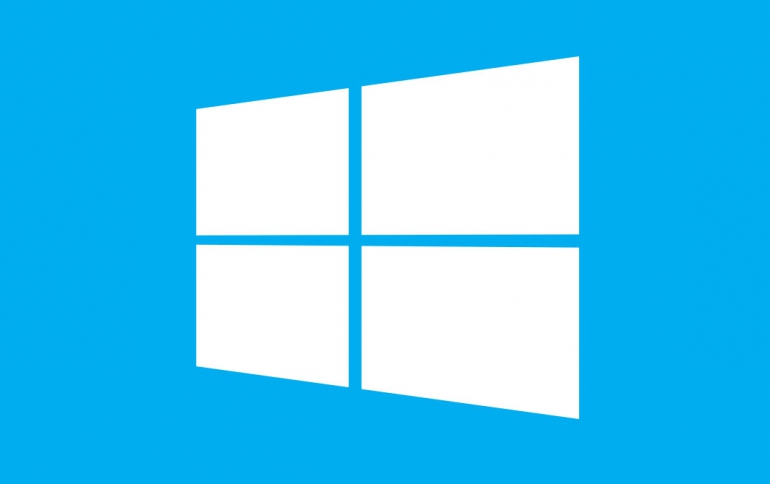
We Don't Collect Advertising Data: Microsoft
Microsoft's says that the Window 10 operating system doen not collect information from devices in order to use it for targetted advertising. Terry Myerson, executive VP of Windows and devices, said that "unlike some other platforms, no matter what privacy options you choose, neither Windows 10 nor any other Microsoft software scans the content of your email or other communications, or your files, in order to deliver targeted advertising to you."
The statement follows some recent comments that accused Microsoft of spying on users of Windows 10 devices.
Myerson added that Microsoft's Windows 10 collects information so the product will work better for users, and that users are in control with the ability to determine what information is collected.
With Windows 10, information we collect is encrypted in transit to Microsoft's servers, and then stored in secure facilities.
Myerson says the collected information "helps us provide a secure and reliable experience." This includes data like an anonymous device ID, device type, and application crash data which Microsoft and their developer partners use to continuously improve application reliability.
"This doesn’t include any of your content or files, and we take several steps to avoid collecting any information that directly identifies you, such as your name, email address or account ID," he said.
An example of how this data was used was just last month, when aggregate data showed that a particular version of a graphics driver was crashing on some Windows 10 PCs, which then caused a reboot. Microsoft contacted the partner who builds the driver and worked with them to turn around a fix to Windows Insiders within 24 hours.
Microsoft's enterprise feature updates later this year will enable enterprise customers the option to disable this telemetry.
Myerson says Windows 10 also collects data in order to personalize the operating system. Myerson says this data is used to keep Cortana relevant and to "recommend apps you might enjoy." That second point does kind of sound like advertising to us, though.





















